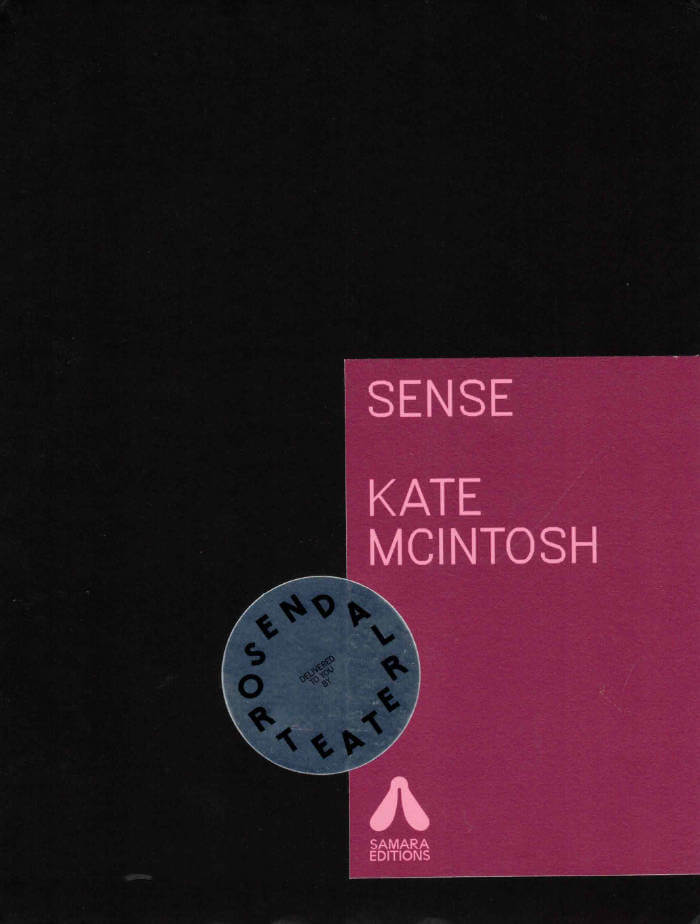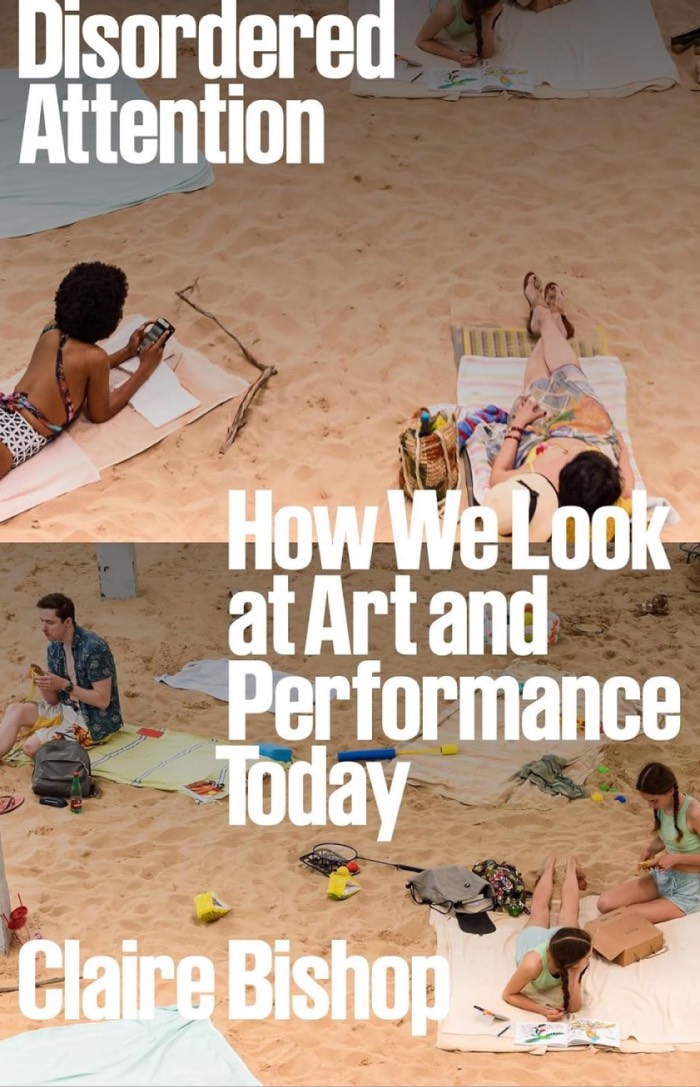Edited by Astrid Kaminski, Jeroen Versteele, Julie De Meester. A personal and intimate look behind the scenes of Meg Stuart's creative process over more than a decade.
Since the early nineties, Meg Stuart, and her dance company Damaged Goods, based in Brussels, have produced a remarkable and audacious body of choreographic work. In 2010, Damaged Goods published Are we here yet?, which spans the first twenty years of Meg Stuart's career. In the follow-up book Let's not get used to this place, the choreographer looks back on more than a decade of works through reflections, interviews, scores, and notes on the practice of creating, performing, teaching and living dance. These are mixed with reports, essays and poetry by collaborators and other observers, photos, performance texts and archive material. The book's title, gleaned from one of Stuart's recent video works, ties together these multifarious sources in a desire to discard tried and tested strategies, explore new contexts, and transgress the edge of what we (do not) know.
Let's not get used to this place gives a sense of the plentitude of motions, inspirations and personalities that energize Meg Stuart's creative cosmos. It offers a personal and intimate look behind the scenes of the creative process, and expands this to include the world around it. As a journey through her more recent career, an inspiring manual and a work of art in its own right, it has a wide appeal to an international base of artists, students and peers, and to anyone who is interested in performance.
Contributions by Jean-Marc Adolphe, Preethi Athreya, Mariana Tengner Barros, Sandra Blatterer, Esther Boldt, Márcio Kerber Canabarro, Varinia Canto Vila, Descha Daemgen, Jorge De Hoyos, Igor Dobricic, Brendan Dougherty, Doris Dziersk, Tim Etchells, Moriah Evans, Thomas F. DeFrantz, Jule Flierl, Alain Franco, Davis Freeman, Ami Garmon, Philipp Gehmacher, Jared Gradinger, Ezra Green, Claudia Hill, Maija Hirvanen, Elise Misao Hunchuck, Astrid Kaminski, Kiraṇ Kumār, Göksu Kunak, André Lepecki & Eleonora Fabiano, Jean-Paul Lespagnard, Marc Lohr, Matthias Mohr, Anne-Françoise Moyson, Anja Müller, Kotomi Nishiwaki, Jeroen Peeters, Alejandro Penagos, Léa Poiré, Leyla Postalcıoğlu, Ana Rocha, Tian Rotteveel, Hahn Rowe, Isabela Fernandes Santana, Maria F. Scaroni, Bernd M. Scherer, Kerstin Schroth, Gerald Siegmund, Charlotte Simon, Mieko Suzuki, Claire Vivianne Sobottke, Poorna Swami, Meg Stuart, Margarita Tsomou, Kristof Van Boven, Elke Van Campenhout, Myriam Van Imschoot, Jeroen Versteele, Doug Weiss, Stefanie Wenner, Jozef Wouters, John Zwaenepoel.






